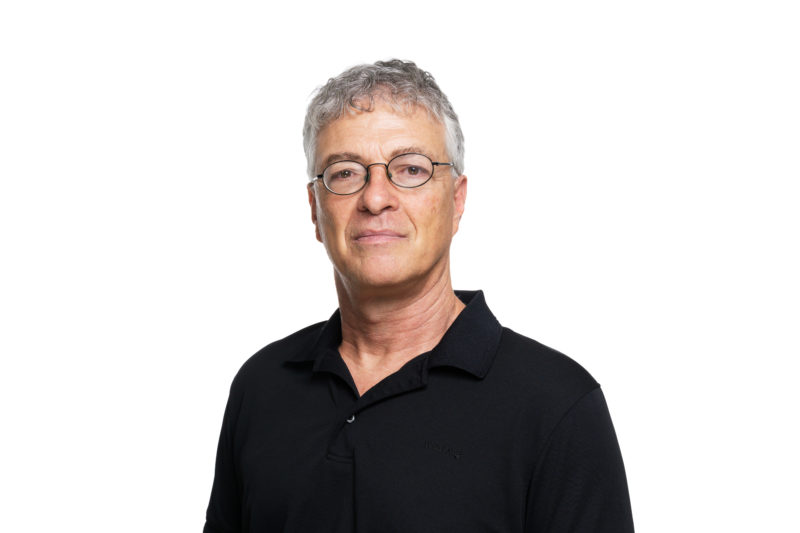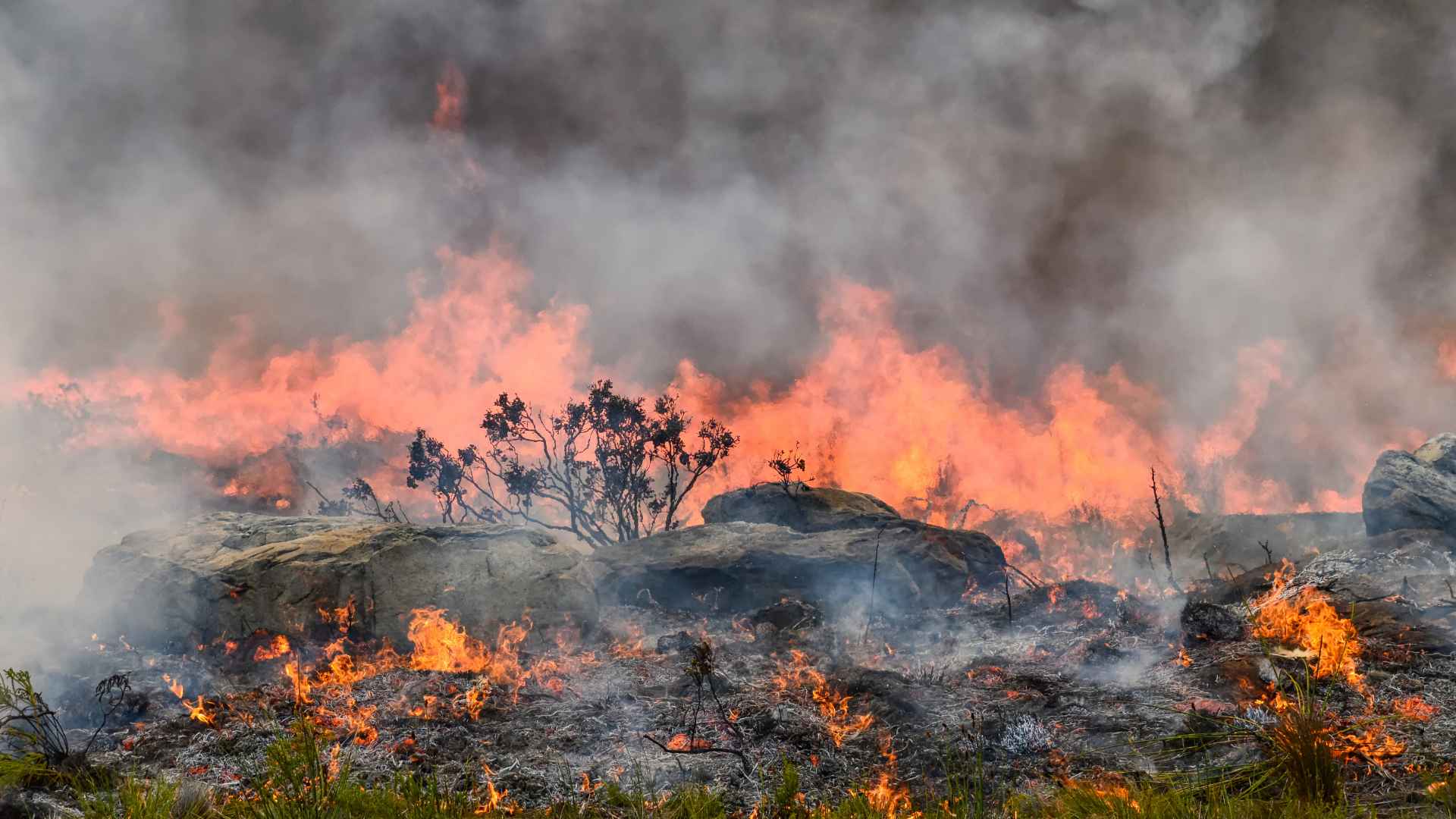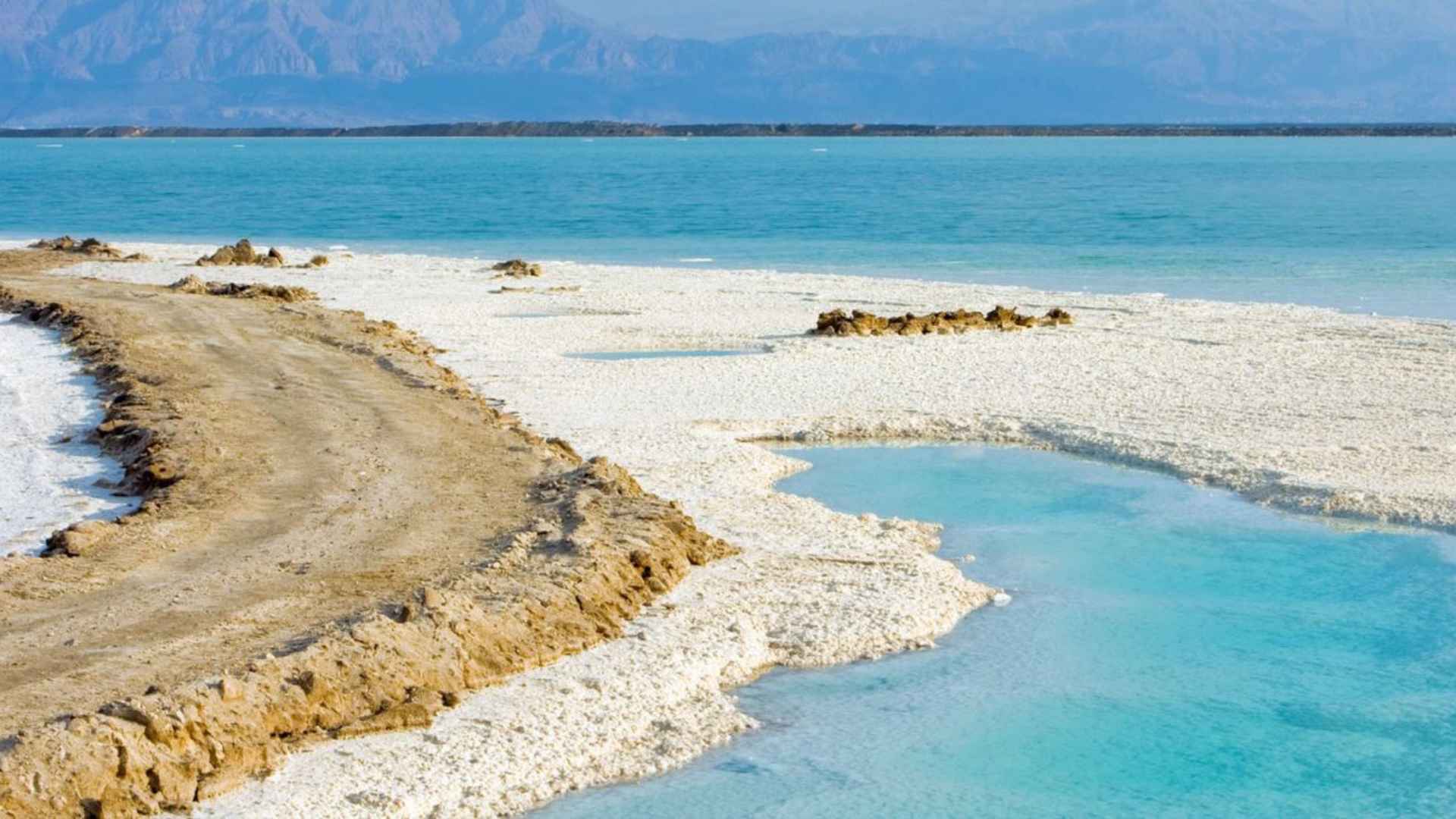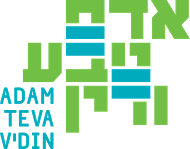In its ruling on the long-running case regarding military industries’ contamination of a site in Ramat Hasharon, the Supreme Court of Appeals stopped short of requiring a comprehensive pollution survey of the entire area. However, the court responded to the appeals filed by Adam Teva V’Din, the local authority and a community action group, by mandating public involvement in the cleanup of a 2,000-acre contaminated site planned for 37,000 housing units.
For 15 years, Adam Teva V’Din has fought for stricter remediation standards at the former military industries site in Ramat Hasharon. Senior attorney Eli Ben Ari and head of planning Yael Dori have pursued legal and planning interventions, particularly at the Sharon site, which borders Ramat Hasharon, Herzliya, and Hod Hasharon. “Our ultimate goal is a mandated, comprehensive pollution survey before any development begins,” Ben Ari said.
Environmental assessments have found hazardous contaminants, including trichloroethylene (TCE), lead (Pb), ethylene dibromide (EDB), TBT, and perchlorate, which previously led to the closure of local water wells.
Despite the clear health, environmental, and economic benefits of decontaminating sites before development, planning authorities have mandated fragmentation of the Sharon site into eight separate neighborhoods, each undergoing its own survey rather than a unified assessment. “Ground contamination is not static,” Ben Ari warned. “Without a comprehensive plan, there is a real risk of building on toxic soil.”
Amit Bracha, CEO of Adam Teva V’Din, emphasized that other countries have established strict regulations for assessing and remediating contaminated sites before development. “Israel still lacks a comprehensive law on remediation, allowing developers to conduct inadequate environmental risk assessments,” he said. Successive Environmental Protection Ministers have failed to advance such legislation, leaving a regulatory gap that favors piecemeal cleanups.
The dangers of inadequate remediation are evident. At Nof Yam, Israel’s second-largest contaminated site, multiple pollution incidents and explosions have occurred despite years of environmental assessments. Local residents are now calling for the area to be converted into a nature reserve instead of a housing development.
In the case of the Sharon site, Ben Ari expressed disappointment that the court did not mandate a full-site survey.
“A fragmented approach to pollution surveys means incomplete information and a missed opportunity to set a precedent for remediation of similarly contaminated sites,” he said, adding that the area’s mature trees and woodlands are valuable natural resources that should be included and preserved as assets in the overall development plan.

Adam Teva V’Din remains committed to securing thorough remediation of Israel’s former industrial sites, pushing for stronger legal and planning safeguards to ensure safe and sustainable development.





